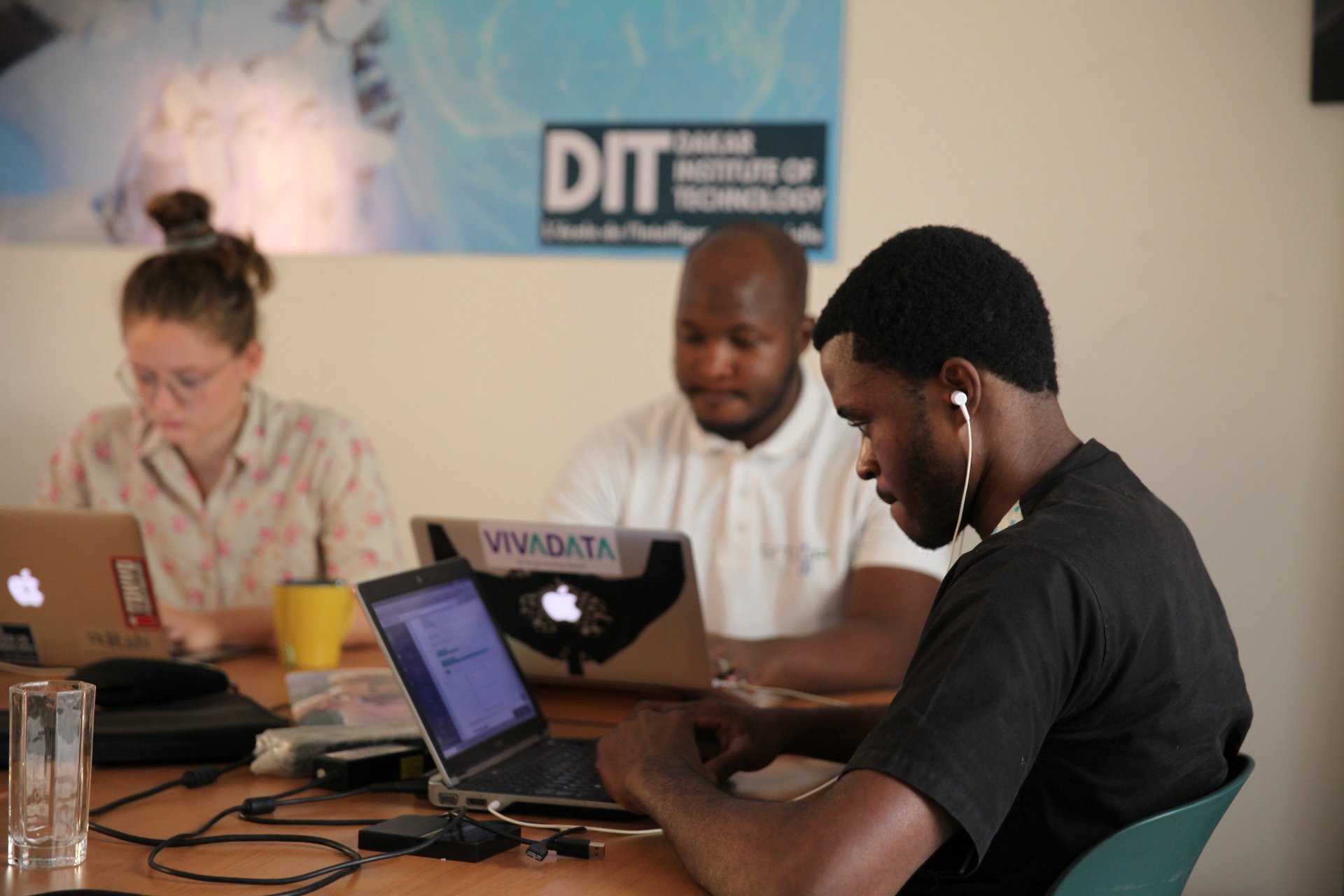Africa is joining the global AI revolution
Business leaders in Africa are actively investing in the technology to gain a slice of the global AI market


Business leaders in Africa are optimistic about the potential of artificial intelligence (AI) in transforming the continent, and are actively investing in the technology to gain a slice of the global AI market.
The 2022 State of AI in Africa report (pdf) published recently by AI Media Group shows that in the past five years many companies across the continent are making efforts to leverage AI for business efficiency.
Most nations believe AI is at the center of the Fourth Industrial Revolution (4IR) , described as a period of rapid transformation anchored on frontier technologies such as AI, 5G, blockchain, IoT, cloud, 4D printing, quantum computing, and the metaverse. They are pushing through their individual challenges to make it a business enabler. Much of Africa’s AI growth has been attributed to the covid-19 pandemic which accelerated digital transformation.
Currently, over 2,400 companies list AI as a specialty of which 40% were founded in the last five years. In what shows that the industry is at its initial growth stages in Africa, 34% of companies using AI are medium enterprises with less than 100 staff while 41% are startups with less than ten employees.
By 2030, AI could contribute $1.5 trillion to Africa’s GDP
Founder chair of outreach at United Nations—International Telecommunication Union AI for Good project Stephen Ibaraki says in the report that Africa is at the heart of the current global digital reshaping of industries.
“With $500 trillion in wealth held globally in 2022, Africa represents the greatest investment target and opportunity,” he says.
PwC projects (pdf) that AI could contribute up to $15.7 trillion to the global economy in 2030, more than the current output of China and India combined. Analysts say AI could expand Africa’s economy by a staggering $1.5 trillion by 2030—about 50% of its current GDP—if it could only capture 10% of the fast-growing global AI market.
Countries that dominate in AI in the continent’s cardinal regions are South Africa, Kenya, Egypt, and Nigeria. However, Mauritius was the first country in Africa to publish a national AI strategy and has an attractive tech and investment ecosystem.
South Africa was instrumental in contributing to a pan-African AI for Africa Blueprint (pdf) that helps member-states in developing policies, strategies, and plans that ensure growth and prosperity within the context of 4IR digital revolution.
The African Union Development Agency (AUDA-NEPAD) headquartered in South Africa has convened work on the drafting of “The African Union Artificial Intelligence Continental Strategy For Africa.”
Kenya was the second country in Africa to publish a national AI strategy in 2019 that considered blockchain and AI (pdf) as key business enabling technologies. The country’s AI and blockchain taskforce has been working with the government to implement the technologies across sectors.
Egypt has established a National Council for Artificial Intelligence and an African Working Group on AI which aims to develop a unified AI strategy for Africa.
Tunisia recently formed a dedicated country wide industry association focused on artificial Intelligence, namely the L’Association Tunisienne pour l’Intelligence Artificielle (link in French). One of its pioneering start-ups, Instadeep, in January closed the largest funding round of any African AI start-up securing a series B investment of $100 million. Investment in AI has attracted $500 million by 120 companies across 12 different countries in the region.
Nigeria is leading in AI education
While Nigeria has no stand-alone national AI strategy, in November 2019 it published the National Digital Economy Policy and Strategy 2020-2030 (pdf) that identified AI via its Digital Society and Emerging Technologies pillar and through which it created The National Centre for Artificial Intelligence and Robotics.
Data Science Nigeria is one of the most successful African NGO programs focused solely on promoting AI and data science education in rural education in Africa. It aims to train 1 million AI personnel.
The report highlights that this is the most successful and inclusive AI ecosystem models on the continent as it caters for both highly ICT literate researchers as well as more marginalized learners who are not fully engaged or connected into the 4IR.
There are over 30 AI communities in the African region providing a range of services and support to new learners, entrepreneurs, and job seekers allied to a growing range of vendor-based programs supporting the creation of AI.
Out of the 226 investments in African AI analyzed, 55% were made up of seed, pre-seed and angel funding compared to 27% of non-equity assistance and grants. Overall 82% of deals required early stage support and a possible pointer towards a critical success factor for traction in this sector. Some 141 separate organizations were identified as funding these deals.
Co-founder of Nairobi-based health AI startup Aice & Afyarekod John Kamara believes that Africa is in a great position to drive and embrace AI. “Free flow of data across various sectors as well as the big companies coming to Africa supports the growth of the start-ups in AI and also helps governments understand the value of investment in AI,” he says in the report.
But chief executive of AI Media Group Dr. Nick Bradshaw warns that as AI practitioners in Africa keep finding themselves in high demand in a truly global work-from-anywhere workplace, “this may create a brain drain if local employers cannot find or retain local talent.”
With the advent of cloud computing, the report says, lower costs to realize minimum viable products, growing mobile, and internet penetration coupled with increased levels of investment and support both locally and internationally—Africa’s rise in the adoption of emerging technologies cannot be ignored.